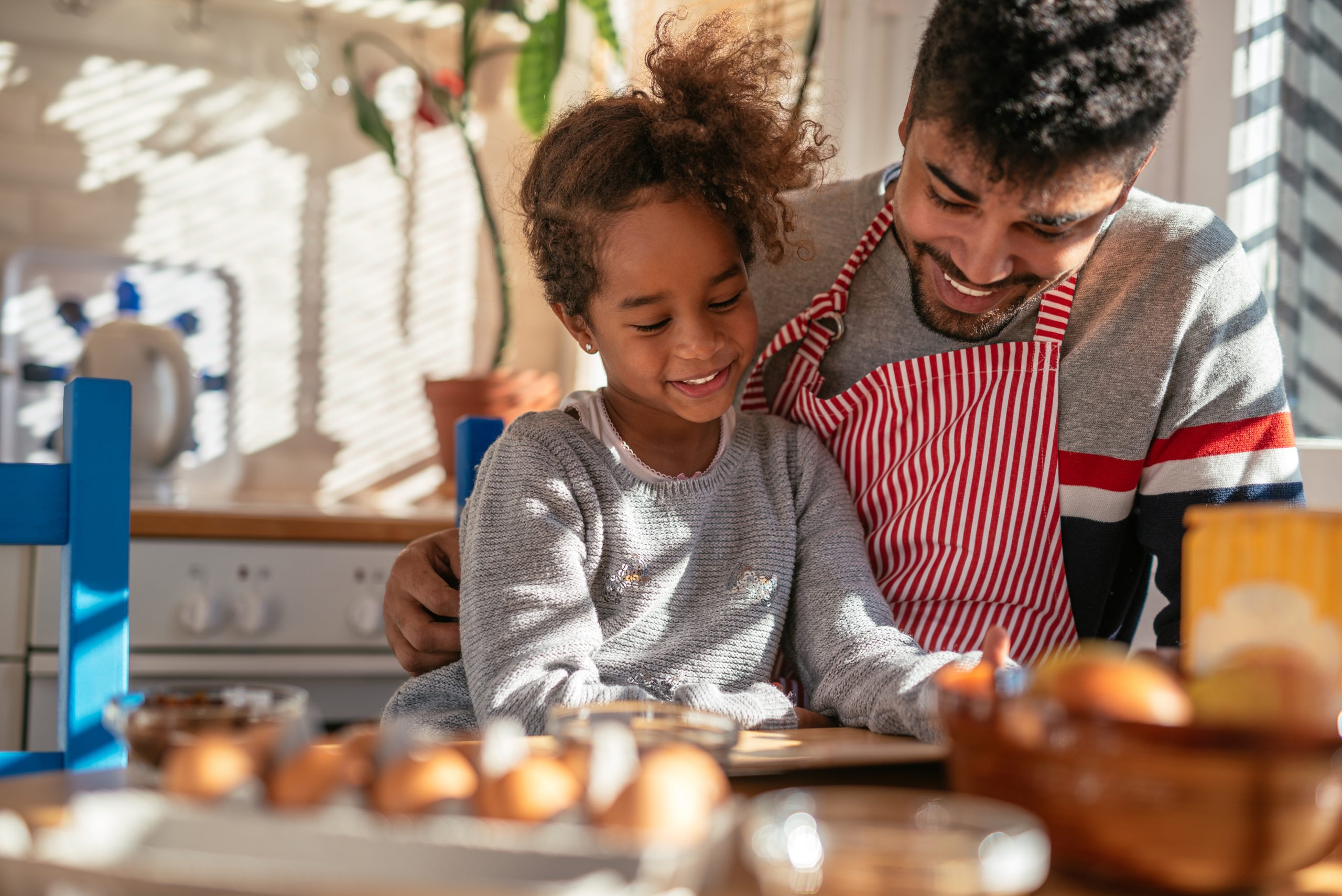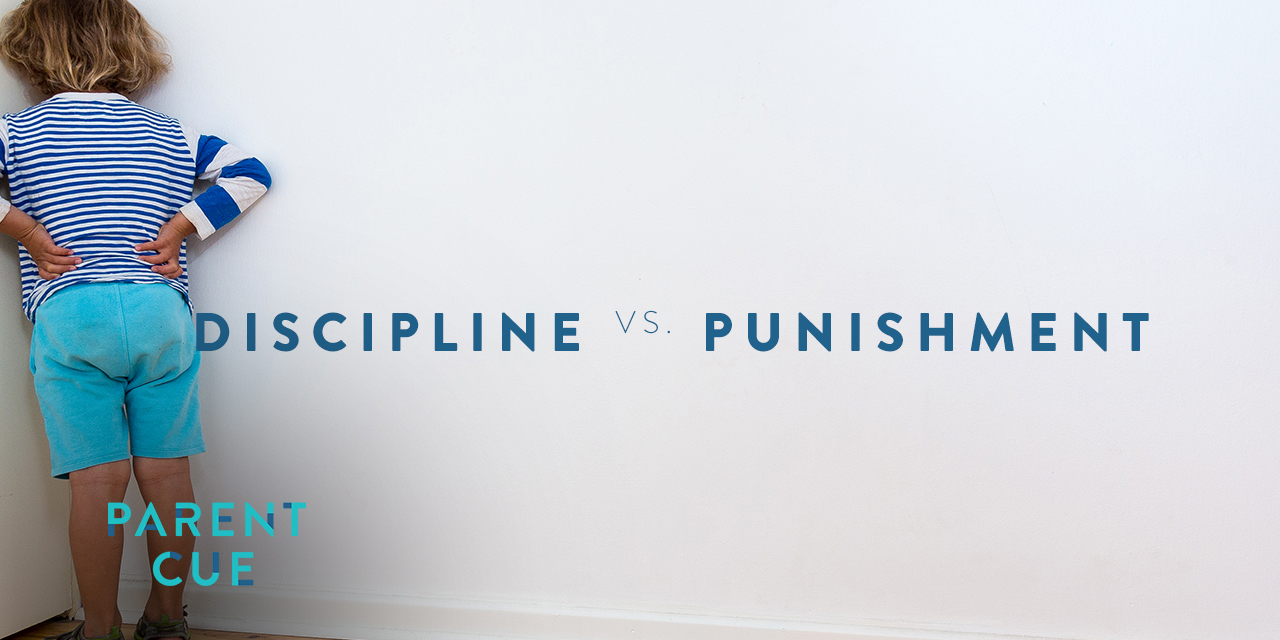
We’ve already seen that child-centered parenting maybe isn’t the best approach to parenting.
A child who grows up to believe she is the center of the universe will have a far more difficult life than a child who grows up to understand she has a place among many in the universe. In fact, here’s what I believe is the worst part about child-centered parenting: child-centered parenting produces self-centered children. None of us want that, but how do you avoid it?
We saw the pitfalls of child-centered parenting early on in our parenting journey.
When our first son was born, we had to make decisions about how to child-proof our home. Naturally, we put locks on doors and drawers and got toxic substances out of reach. We were students, so we didn’t have a lot of money to buy new things or replace damaged things. So we just decided that beyond health and safety child proofing, we weren’t going to child proof our home any further. We had vases that could get knocked over, pictures that could be broken, coffee tables that could be butchered. We didn’t want them broken and couldn’t afford to replace them, but we didn’t want to put them in storage for years either.
So instead of taking them out of our son’s reach, we just told him he couldn’t touch them. One of the very first words he learned was “no.” We set boundaries about what he could play with (toys) and what he couldn’t (our stuff). To our surprise, it worked.
That’s actually an important key to breaking the child-centered mindset that so pervades our culture. Sometimes you just need to let your kids know that the world is not all theirs for the taking; they need to learn to live in it with respect for their boundaries and respect for others.
So what are some other ideas for resisting the gravitational pull many of us feel toward making our children the center of our lives? Here are five strategies that have helped myself and many others:
1. Make God the center of your home and life. You and your children were created to worship something bigger than yourself or each other. When there is a natural refocusing of our wants and needs within the framework of a loving Heavenly Father, our lives realize function so much better.
2. Stop rescuing. Your child needs to feel the consequences of his actions. When you step in to solve every conflict (with siblings, friends or school), you rob him of the learning that comes from dealing with his own shortcomings and mistakes. You don’t want to let him get harmed, but you should be willing to let him get hurt.
3. Say no. Our kids are 20 and 16 now, and I don’t think they’ve ever broken a picture frame or piece of furniture in the house. A few bones…sure. But that was playing sports….
4. Set and enforce limits. Your children need to know that there are limits to what they can and should do. This is especially crucial at the toddler and teens years. Ironically, it’s within limits that we find the ultimate freedom.
5. Help them serve others. When your child serves others, she realizes that there are greater needs than hers in the world. Serving changes the heart to be less self-centered and more others-centered.
What have you found helpful in stopping the drift toward child-centered parenting in your home?



